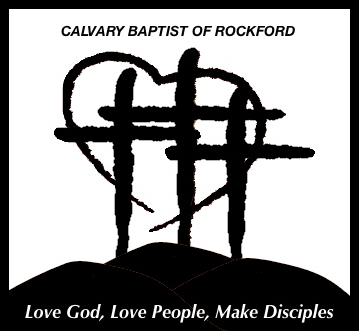With our doctrinal understandings secure, we can now do the fun part of theology; apply it. This space will hopefully become an area where issues of the day can be dealt with; Biblically.
This week, let’s apply our theological understanding to the idea of politics.
Let’s get our basics out-of-the-way and use what we know of God and the world to frame our relationships; then we can put that knowledge to use (application, the stuff after the bold text).
Politics (and government) are such tricky topics in relation to Scripture because we have a lot of narrative, but very little teaching material on the subject. We have to very careful not to build theologies of life upon examples of people doing things. Adultery is not ok because David did it. So, I’m going to ignore much of the narrative material on government and political involvement because it is not as relevant to our discussion.
What is relevant would be Romans 13:1 – 7. Here Paul lays out the case for Christian obedience to governing authorities. Why does he do that? He makes that case because God is the ultimate authority and He has established every earthly government (v. 1). The section goes on to say that opposition to the earthly powers is opposition to God (v. 2). This is because these rulers are to be agents of God’s mercy and goodness, as well as His justice and retribution (v. 3 – 5). This also extends to taxes; Christians are to pay them and honor those who tax us (v. 6 – 7).
But, but, but, what about all the testimony in church history that shows people being killed by the government and disobeying their commands? That’s the stuff after the bold.
So what?!?? You said this stuff was going to be important to my life!!!!!
As Christians, we: obey, honor, and respect our governing authorities. So long as they are: obeying, honoring, and respecting the God who has given them their authority. As sinful people, political leaders will sin and let us down (a lot apparently). When they do this it is our charge as Christians to call them to repentance; not make excuses for them because we like which side they sit on. We also as Christians have a higher duty; that is to God (Deuteronomy 6:4 – 9). If we love God in this way, we can’t love anything else the same way. Therefore if our government tells us to disobey God, or calls us to love it more than God; we must (respectfully) refuse and bear the penalty.
This idea rules out tribalism in American politics. Democrats and Republicans have done good and bad, regardless of which party you affiliate with. The danger for the Christian is to align (or misalign) too closely with one or the other; and thus lose sight of our God-given responsibility to be salt and light in a dark world. We must practice discernment and praise our elected leaders when they get it right (regardless of whether they have a D or R after their name). We must practice discernment and call our elected leaders to repentance when they get it wrong (regardless of whether they have a D or R after their name). All that is true because as Christians, we have a C after our name; and that C stands for the Christ who died to redeem us. He is who our identity is, and always should be.
